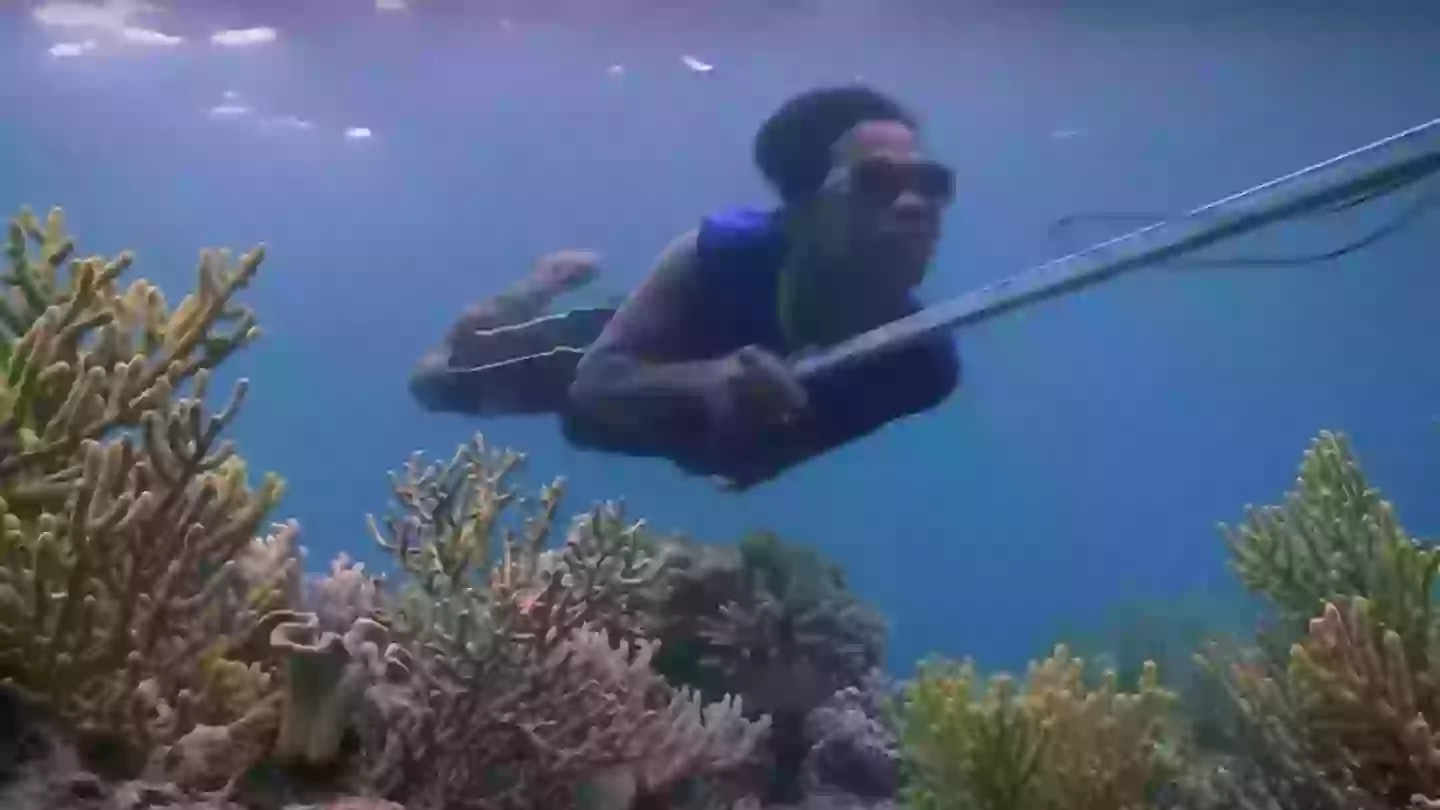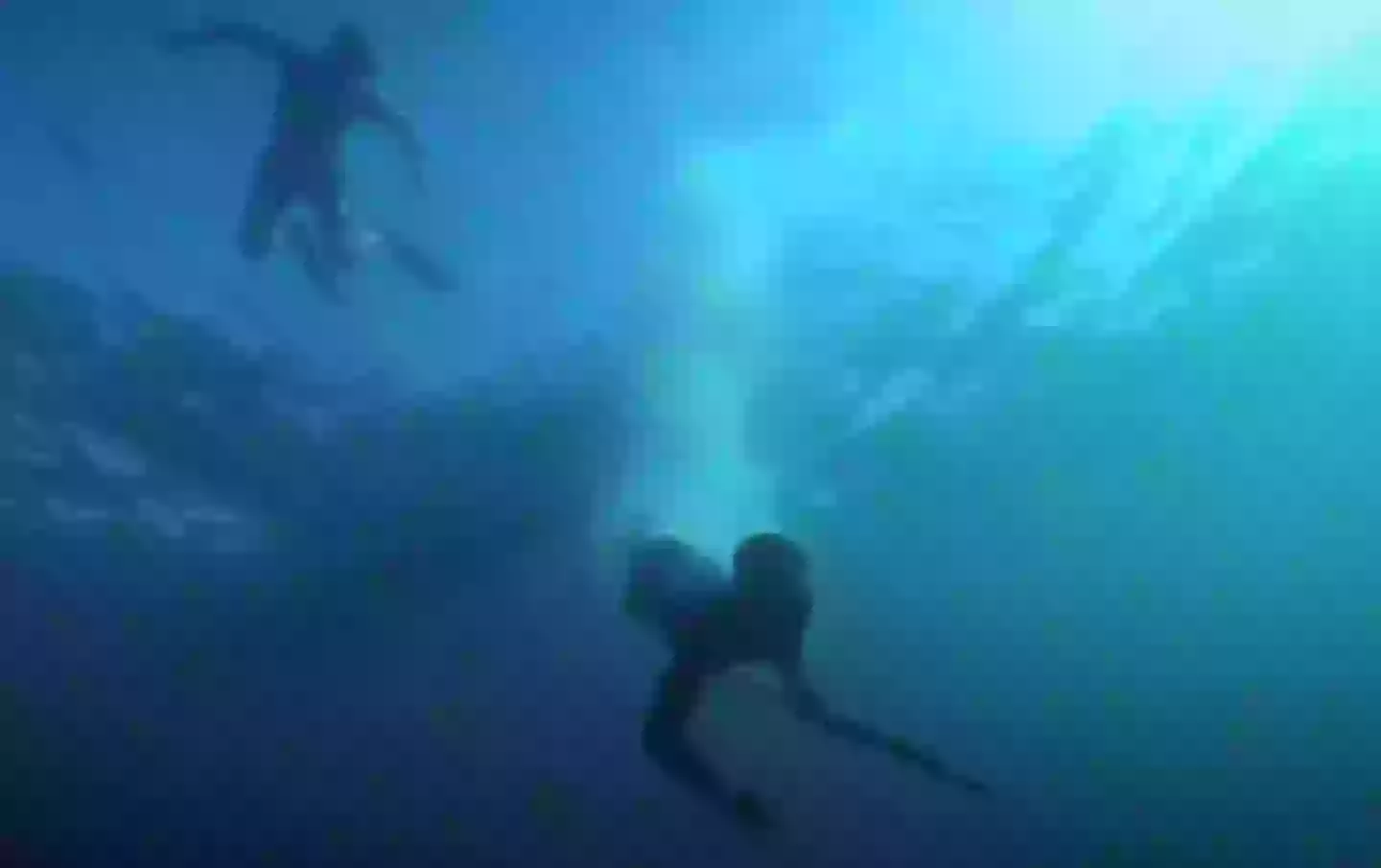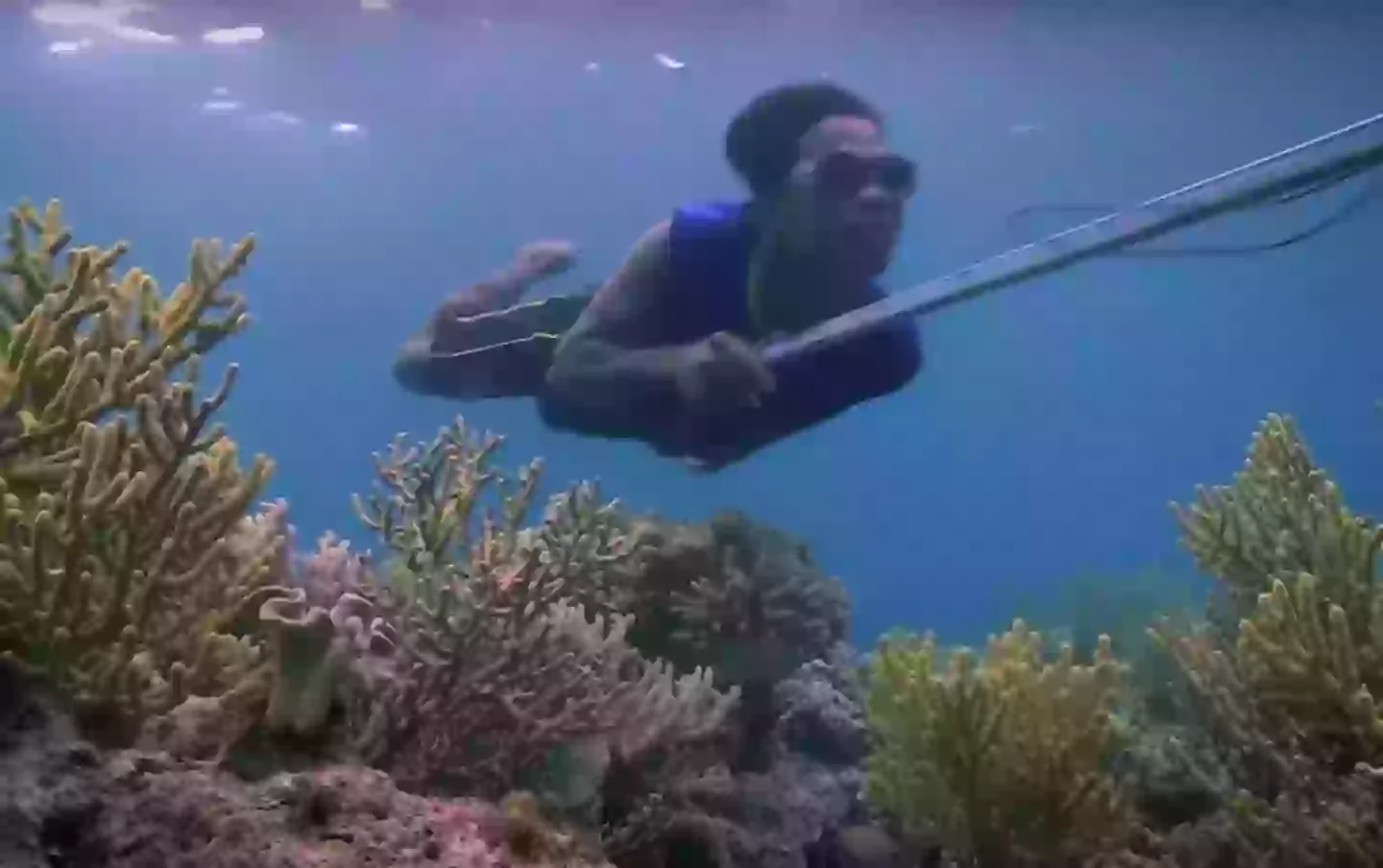
It felt like the biggest brag as a kid if you could hold your breath under water for 10 seconds.
You and your mates would be having competitions at the pool to see who could last the longest before a teacher or lifeguard, or just any sense-talking adult would have a go and tell you to put a stop to it. But despite how long you would show off about swimming underwater for, it has nothing on this lot.
As the remote tribe of the Bajau people can swim underwater for five hours a day with incredible footage showing their amazing ability:
But while you might think it’s because of them having whopper lung capacity, it’s something else that’s the key reason for them being able to do this.
Advert
Living across Indonesia, Malaysia and the Philippines they are actually better endowed in the spleen department.
A study found they have a 'mutated gene' in the form of PDE10A, which correlates with a larger spleen size, helping them stay underwater for longer.
The Bajau can spend hours each day swimming underwater, able to hold their breath for several minutes at a time while also being able to dive down to incredible depths.
The University of Copenhagen's Melissa Ilardo, one of the authors of the study of the Bajau, told the BBC's Inside Science programme: "For possibly thousands of years, [they] have been living on house boats, travelling from place to place in the waters of South-East Asia and visiting land only occasionally. So everything they need, they get from the sea.
Advert

"When they're diving in the traditional way, they dive repeatedly for about eight hours a day, spending about 60 percent of their time underwater. So this could be anything from 30 seconds to several minutes, but they're diving to depths of over 70m.”
In case you’re confused, let’s clear up why having a larger spleen helps in this department.
When you hold your breath and submerge yourself in water it triggers a dive response which slows down your heart rate and makes the blood vessels in your extremities smaller in order to preserve supply for your vital organs.
Advert
The spleen then contracts due to the dive response, with Ilardo describing it like 'a reservoir for oxygenated red blood cells' that functions 'like a biological scuba tank'.
In fact, her study of the Bajau found that they had spleens that were about 50 percent larger than their neighbours.

However, a life so closely connected to the sea also means they've been among the most affected by climate change and ecological devastation of the oceans, as they're often the first to suffer from things going wrong in the sea.
Advert
Damaged coral reefs have affected their way of life and they've seen significantly fewer fish in the sea, which is a major danger to people who for centuries have cultivated the ocean's bounty.
There are also concerns that their culture is suffering in other ways due to the pollution of plastic.
Santarawi Lalisan, an elder statesman of the tribe, told Giuseppe from Project Happiness that their culture is now dying due to Western ways.
He said: "A lot of plastic has arrived here because today the Badjao go to the supermarket and here they use plastic and no longer paper. In the past, the Badjao only used paper when they were buying something."
Topics: Science, Environment, Health